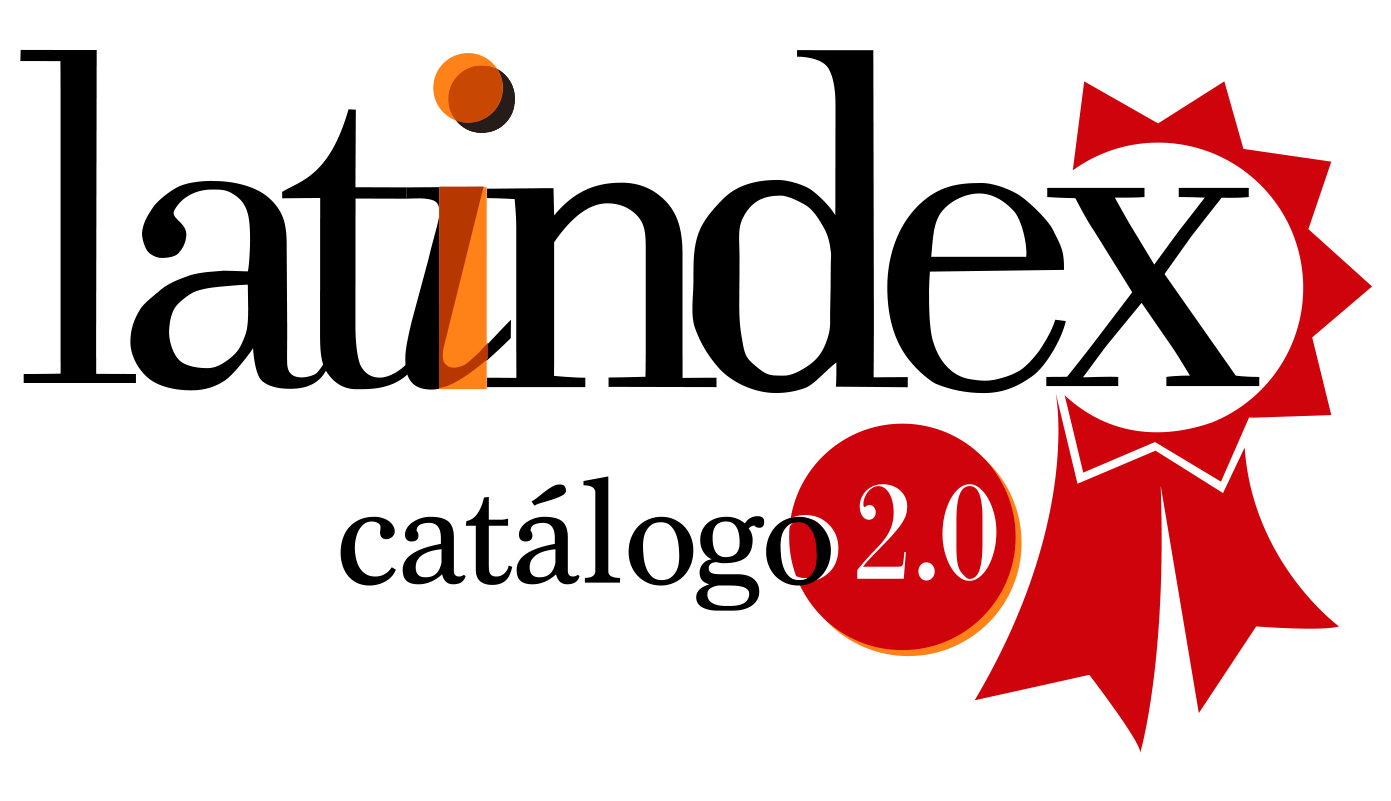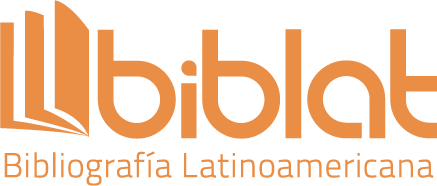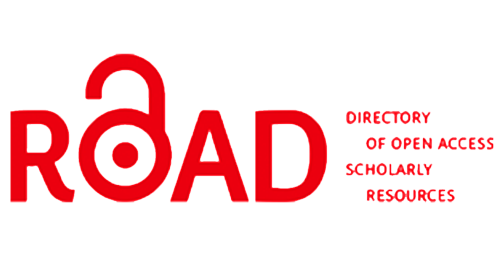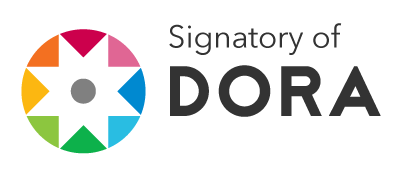Teacher training in the English language: Review of empirical studies, from 2018 to 2023
DOI:
https://doi.org/10.38123/rre.v5i1.451Keywords:
teacher training, higher education, learning, teachingAbstract
The subject of study is the training of teachers in the English language, because in the last 20 years they have been insisting on their professionalization in the university, although a training centered on the use of the language is maintained and with little pedagogical training. The goal of the research is to analyze the trends in the training of teachers in the English language in higher education based on the review of empirical studies, from 2018 to 2023. The method is the review of the literature, for which we worked with the following databases: Scopus, Scielo, Redalyc, Dialnet and Eric, where they identified 31 empirical studies. In relation to the results, Colombia and Mexico have the largest number of researchers, the studies are approached from the qualitative methodology and the use of the survey for the collection of information prevails. Among the main training trends, we have that: professional practice is necessary during training; technologies have been incorporated with learning strategies and the graduate must have a high level of language skills.
Downloads
References
Abad, M. (2023). EFL Teachers’ Beliefs about Listening and their Actual Listening Instructional Practice. Profile. Issues in Teachers’ Professional Development, 25(1), 113-127. https://doi.org/10.15446/profile.v25n1.98510
Almeida Luque, P. y Zambrano Montes, C. (2020). Fundamento para potenciar el proceso de aprendizaje del idioma inglés a través de la música. ReHuSo, 5(1), 37-45. https://doi.org/10.5281/zenodo.6795967
Arnau, L. y Sala, J. (2020). La revisión de la literatura científica: Pautas, procedimientos y criterios de calidad. Universitat Autònoma de Barcelona. https://ddd.uab.cat/pub/recdoc/2020/222109/revliltcie_a2020.pdf
Barahona, M. y Davin, K. K. (2020). A Practice-Based Approach to Foreign Language Teacher Preparation: A Cross-Continental Collaboration. Profile: Issues in Teachers’ Professional Development, 23(1), 181-196. https://doi.org/10.15446/profile.v23n1.85326
Berdayes Vivres, A., Linares Río, M., Díaz Cabeza, I. (2022). Caracterización del proceso de evaluación de la superación profesional en idioma inglés. MENDIVE Revista de Educación, 20(3), 878- 891.
Branda, S. A. y Gabriel Porta, L. (2019). Historias escolares y relatos de estudiantes del profesorado de inglés: Amor por la docencia. Actualidades Investigativas en Educación, 19(3), 1-33. https://doi.org/10.15517/aie.v19i3.38622
Bos-Solé, A. y Weddington, J. (2022). Exploring pre-service teachers’ views on introducing EFL in early childhood teacher education. Porta Linguarum, (5), 167-186. https://doi.org/10.30827/portalin.vi.26212
Campos Campos, M. P., Garzón Roa, S., Méndez, M. P. y Castañeda Trujillo, J. E. (2021). A Collaborative Autoethnography on Raciolinguistic Experiences and the Construction of Linguistic Identities during an Intercultural Exchange. GIST Education and Learning Research Journal, 23, 59-79. https://doi.org/10.26817/16925777.976
Cardona Puello, S. P., Osorio Beleño, A. J., Herrera Valdez, A. C. y Bedoya Soto, S. I. (2022). Hábitos de lectura en inglés de maestros bilingües en formación. Folios, (55), 241-262. https://doi.org/10.17227/folios.55-12167
Casimiro Perlaza, L. F. (2022). Creencias de profesores en servicio y en formación respecto a la enseñanza-aprendizaje del inglés. MENDIVE Revista de Educación, 20(3), 821-839.
Castañeda-Trujillo, J. E. y Jaime-Osorio, M. F. (2021). Pedagogical Strategies Used by English Teacher Educators to Overcome the Challenge Posed by Emergency Remote Teaching During the Covid-19 Pandemic. Íkala, Revista de Lenguaje y Cultura, 26(3), 697-715. https://doi.org/10.17533/udea.ikala/v26n3a12
Cohen, S. L. y Calderón-Aponte, D. (2021). Powerful pedagogies in times of Covid: An online pedagogical collaboration between EFL students and ESL teacher candidates. Íkala, Revista de Lenguaje y Cultura, 26(3), 731-745. https://doi.org/10.17533/udea.ikala.v26n3a14
Cubukcu, F. (2021). Practice and perspectives of teacher trainees upon online language educaction programme. RIAEE, 16(1), 246-257. https://doi.org/10.21723/riaee.v16i1.13760
Donoso, E. y Gómez, R. (2021). Creencias de futuros y futuras docentes de inglés en Chile sobre las competencias del profesorado de inglés como lengua extranjera. Revista Electrónica Educare, 25(2), 1-15. https://doi.org/10.15359/ree.25-2.11
Fontes Guerrero, O. L., González Agulló, L. y Rodríguez Sánchez, M. (2020). Aprendizaje del idioma inglés en la universidad cubana: una prioridad para la formación de profesionales competentes. Revistas Cognosis. Revista de Filosofía, Letras y Ciencias de la Educación, 5(4), 33-44. https://doi.org/10.33936/cognosis.v5i2.2295
González Marín, C. I., Marín Palacio, N. y Caro Gutiérrez, M. A. (2018). El rol de la reflexión en la práctica pedagógica: percepciones de docentes de idiomas en formación. Cuadernos de Lingüística Hispánica, (32), 217-235.
González Vega, K. J. (2020). Influencia de los recursos digitales en la enseñanza y el aprendizaje del idioma inglés en las escuelas normales de Oaxaca, México. Revista Boletín REDIPE, 9(7), 157-164. https://doi.org/10.36260/rbr.v9i7.1027
Hernández Hernández, M. e Izquierdo Sandoval, M. (2019). Cambios curriculares y enseñanza del inglés. Cuestionario de percepción docente. Sinéctica, (54), 1-22. https://doi.org/10.31391/S2007-7033(2020)0054-012
Juárez-García, B. M., Lizárraga-Orozco, G. E. y Álvarez-Sánchez, I. N. (2022). Diseño instruccional ADDIE y tecnología emergente en educación superior para el aprendizaje del idioma inglés en época de pandemia. Ra Ximhai, 18(1), 159-177. https://doi.org/10.35197/rx.18.01.2022.08.bm
Liao, H. C. y Huang, S. C. (2022). The impact of reading anxiety of English professional materials on intercultural communication competence: Taking students majoring in the medical profession. Sustainability, 14(24), 1-17. https://doi.org/10.3390/su142416980
Martínez-Salas, M. M. (2019). El modelo pedagógico de clase invertida para mejorar el aprendizaje del idioma inglés. Investigación Valdizana, 13(4), 204-213. https://doi.org/10.33554/riv.13.4.486
Ochoa Gutiérrez, R. (2022). Covid-19 y virtualidad, aprendizaje para los docentes de inglés en México. Diálogos sobre Educación. Temas Actuales en Investigación Educativa, 13(25), 1-16. https://doi.org/10.32870/dse.v0i25.1145
Prado-Huarcaya, D. L. y Escalante-López, M. E. (2020). Estrategias de aprendizaje y la comprensión de textos escritos del idioma inglés. Investigación Valdizana, 14(3), 140-147. https://doi.org/10.33554/riv.14.3.730
Quintana-Guamushig, L. S., Abata-Checa, F. M. y Carrera-Rivera, D. P. (2022). Pre-service English teachers’ experiences in teaching practice. Revista Arbitrada Interdisciplinaria KOINONIA, 8(15), 51-72. https://doi.org/10.35381/r.k.v8i15.2423
Sánchez Dávila, Y. y Lugo Bustillos, J. K. (2019). Competencias para la lectura y escritura del idioma inglés presentes en los estudiantes de una universidad venezolana. Research, Society and Development, 8(11), 1-17. https://doi.org/10.33448/rsd-v8i11.1474
Soncco Salinas, R. B. (2022). Aprendizaje móvil y las competencias del idioma inglés en la educación superior. Comunic@cción, 13(2), 138-148. https://doi.org/10.33595/2226-1478.13.2.571
Tagle Ochoa, T., Díaz Larenas, C., Alarcón Hernández, P., Quintana Lara, M., Ramos Leiva, L. y Etchegaray P. (2021). Evaluación y prácticas de estudiantes y profesores noveles chilenos en planificación y enseñanza. Revista de la Educación Superior (RESU), 50(198), 131-154. https://doi.org/10.36857/resu.2021.198.1704
Torres-Cajas, M. y Yépez-Ovideo, D. (2018). Aprendizaje cooperativo y TIC y su impacto en la adquisición del idioma inglés. Revista Mexicana de Investigación Educativa, 23(78), 861-882. https://www.scielo.org.mx/scielo.php?script=sci_arttext&pid=S1405-66662018000300861
Vargas Londoño, M.A., Cardos Espinosa, E.O. y Cortés Ruiz, J.A. (2020). Estudio comparativo sobre el liderazgo pedagógico en dos centros de idiomas en inglés en México y Colombia desde la perspectiva del profesorado. IE Revista de Investigación Educativa de la REDIECH, 11, 1-20. https://doi.org/10.33010/ierierediech.v11i0.754
Vásquez Carrosa, C., Rosas-Maldonado, M. y Annjeanette, M. (2019). Novice EFL Teacher Perceptions on their Past Mentoring Experience. Revista Educación, 43(2), https://doi.org/10.15517/revedu.v43i2.34178
Velasco Zárate, K. y Meza Cano, J. M. (2019). Autoeficacia para el aprendizaje de la escritura académica en inglés como segunda lengua medida por WebQuest-Wiki, en un grupo de docentes de idiomas en formación en México. Íkala, Revista de Lenguaje y Cultura, 25(2), 289-305. https://doi.org/10.17533/udea.ikala.v25n02a07
Wilson, A.K. y Lengeling, M. M. (2021). Learning in the Time of Covid-19: ELT Students’ Narrated Experiences in Guided Reflective Íkala, Revista de Lenguaje y Cultura, 26(3), 571-585.https://doi.org/10.17533/udea.ikala.v26n3a06
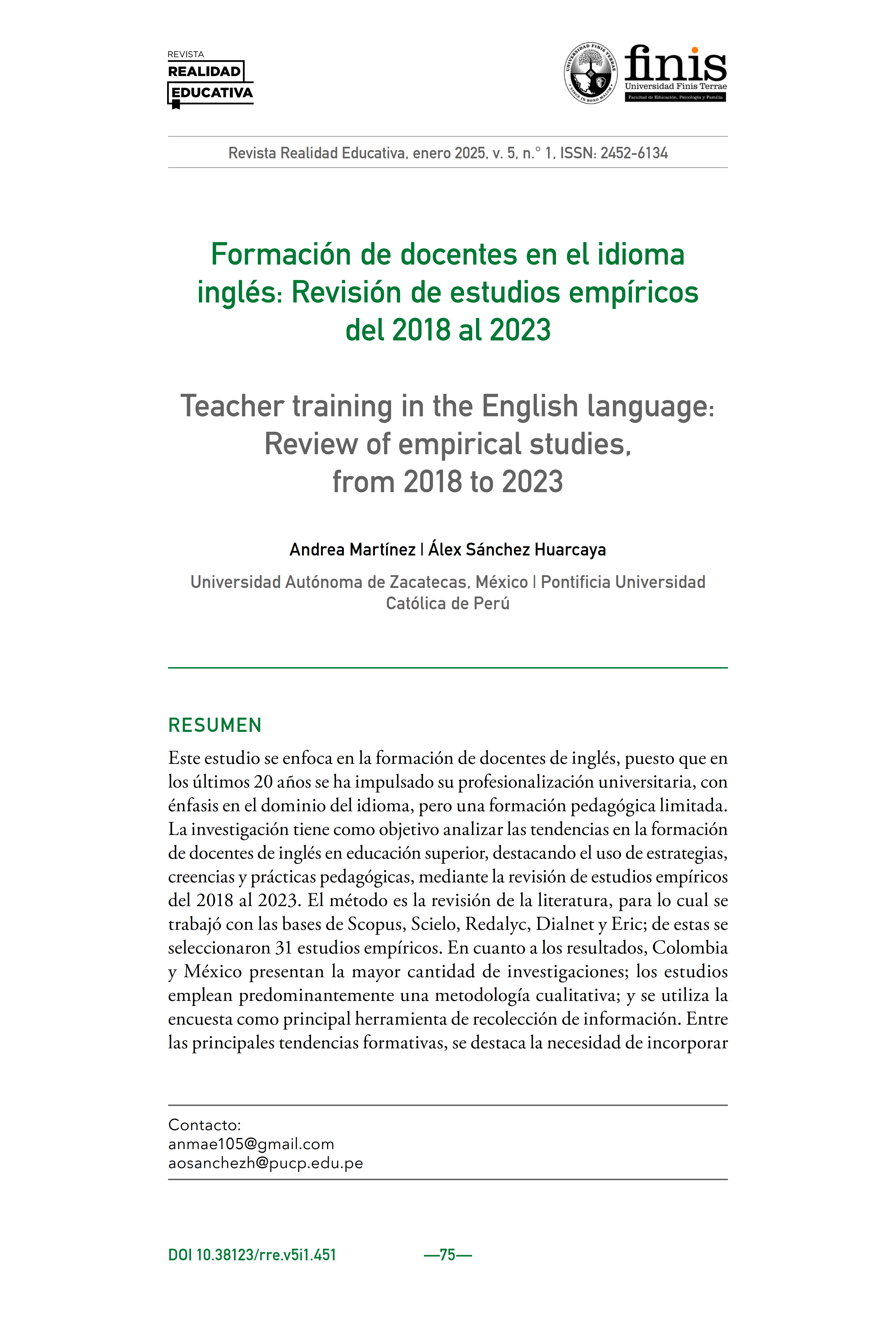
Published
How to Cite
Issue
Section
License
Copyright (c) 2025 Andrea Martínez, Alex Sánchez Huarcaya

This work is licensed under a Creative Commons Attribution-NonCommercial-NoDerivatives 4.0 International License.
Los contenidos de esta revista se distribuyen bajo una licencia Atribución/Reconocimiento-NoComercial-SinDerivados 4.0 Internacional.


